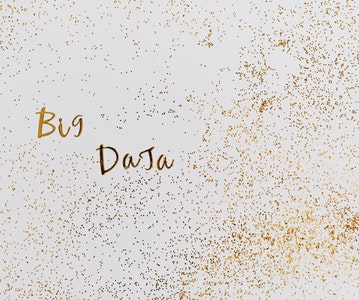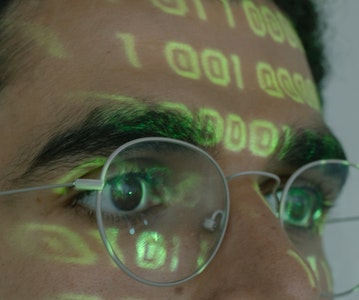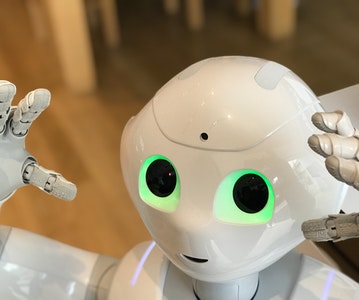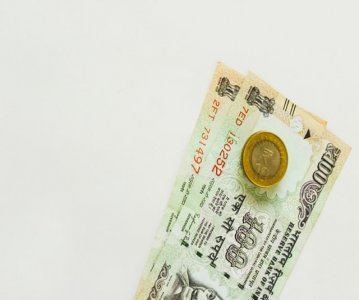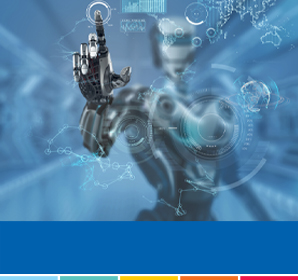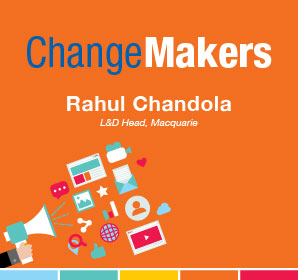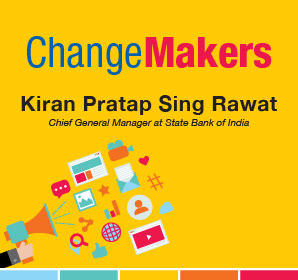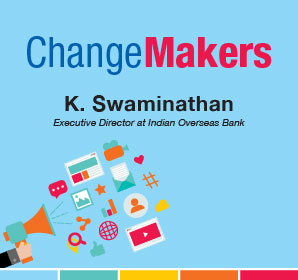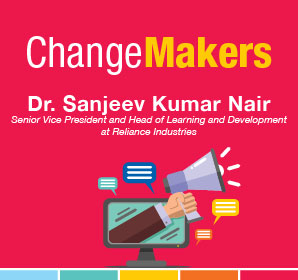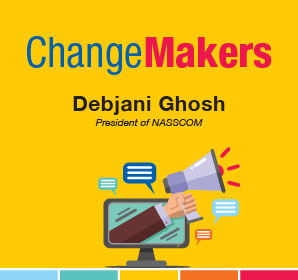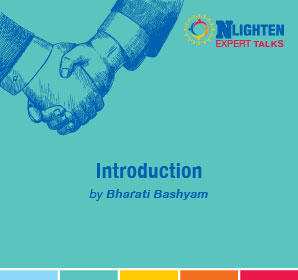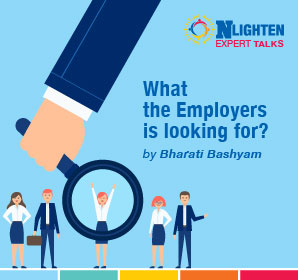This article is about Career Guides
Musings on the Pandemic
By Balasubramaniam N
Published on 02/02/2020
8 minutes
Pandemics have always been great levelers of mankind. Nothing has the power to bring the scent of mortality so close to everyone's noses as a pestilence can. The vision of an invisible microbe, rising from a chance genetic mutation halfway across the world, surreptitiously spreading with every touch, every breath, across the face of the earth, bringing sickness and death along the way - is perhaps the most unsettling of all experiences.
Our mastery, refinement, and pride withers against such an antagonist who is unseen, and on the move. Germs have no man-made rules, do not follow the regulations of warfare as defined by us. All it wants and recognizes is a suitable host when it sees one, and when it takes residence it sucks the life out its benefactor. In a famous fresco painted by Franceso Triani in the 13th century, after the bubonic plague wiped away nearly half the population of Europe, there is a scene that shows three noblemen proudly riding on horseback encountering three decomposed corpses on their way. The scene is titled ‘The three living and the three dead’. The caption under the corpses when translated reads, "What you are, we were. What we are, you will be". In an epidemic outbreak, this is the stark reality.
For some reason, yesterday night, I dreamt of the legend of the Pied Piper of Hamelin - a legend immortalized by Goethe and many others in poems and tales. As a child, I remember hearing the story from my preschool teacher. I vividly recollect the joy I felt when the story reached the point when the Pied Piper offers to play a tune to draw the rats out to their death. It seemed such a simple solution and such a superhuman thing to do. Imagine someone capable of playing a tune on the flute today, and visualize all the millions of strains of the Covid-19 virus miraculously detaching themselves from the lungs of thousands infected and coalescing into a big ball, magnetically drifting and swirling towards the origin of the tune, only to be captured, frozen and forever contained. Can someone play the tune of the Pied Piper?
The last few days have been quite remarkable. I have seen nothing like it since I moved to the US many years ago. A sense of gloom has descended here- compounded by paranoia and fear. I was at the gym some days ago. The pool was empty, the treadmill floor was scarcely used, and those who were there were carrying bags of sanitizers and disinfectants, desperately attempting to fend off an unseen attacker. They won't give up until every inch of the equipment has had a dab of alcohol on it. The sauna, on the other hand, was jam packed because the prevailing belief is that the coronavirus cannot survive at temperatures higher than 60 degrees Fahrenheit. There was a man sitting in the sauna for the last 40 minutes, hoping the heat would kill or at least provide a defense against a possible threat. All the popular retail stores are out of food, milk and surprisingly toilet paper. No one can understand why toilet paper? Scientists and doctors have repeatedly stated that this virus only spreads in close proximity with others who are infected. I don't think we use communal toilets in this country for us to empty out reams and reams of toilet paper. Perhaps, it's just paranoia, or we aren't sure, or we don't believe in science.
Centuries of pestilence have genetically attuned us to think of such epidemics as divine retribution, and deep down we are afraid of what we may have done in the past to warrant this episode of germs. If there is anything history has taught us, it is this: whenever we are confronted with a choice of belief or reason - we often choose belief though we are convinced of the reasons offered. That is something to ponder about.
The next few weeks are going to be interesting. More people will work from home, schools will remain closed, public gatherings postponed or canceled, testing kits will become available, and it is likely that everyone will find a way to get tested - just to be on the safe side. Even a slight cold or cough can give rise to deep fear, and the last thing you would want to do is to cough in public. It can be `a punishable crime soon. Rightfully so!!
I am happy that a few celebrities have reported being infected. Don't get me wrong. I wish them well and a quick recovery. My point is that when the high and mighty also succumb to the same virus as the low and the common do, then there is parity and we feel good, whether we openly admit it or not. Such is human nature. We do not want to be alone in our troubles. Fortunately, during a pandemic, we are never alone. The whole world is with us, on the same boat, with the same trepidations and fears. To that extent, an epidemic fosters the spirit of brotherhood. We tend to become more compassionate, more understanding of our brother's and sister's needs. We will, of course, keep our physical distance between us, but no harm in displaying a warm smile signifying "Oh, Thank god you are doing well."
For some reason (again, don't know why) yesterday, Thomas Malthus came to my mind. I hope all of us remember Malthus's theory of population explosion. Malthus was an English cleric, who wrote an essay in 1798 titled An essay on the principle of population. Those days clerics and priests were the scientists because they had a lot of time on their hands. Anyway, Malthus's theory was that the human population will always overtake the resources available to sustain itself, and at periodic intervals, famine or pestilence would wipe away vast sections of people to bring about a balance. When Malthus wrote the essay, the population of the world was in the millions, and now it's in billions, and more people have enough to eat than predicted by Malthus.
Of course, Malthus did not take into account the technological and industrial revolutions that would come about in the next century and make food and resources available to a larger number of people than ever, and to that extent his theory stands discredited. But there is a grain of truth in his theory. the head may not acknowledge it, but the heart will. I will leave it at that.
Here is what I am going to do to fight this epidemic (if I can, of course). I will try and ensure that I keep my hands and body scrupulously clean. I will not panic and will go about my daily business as I would have a few days ago with the only exception that I will work from home for the next few weeks. I will exercise regularly and keep myself healthy. I will not hoard any essentials beyond two days of stock. I will refrain from shaking hands with people I don't know personally. The eastern Namaste (bringing the palms together) is a great way of greeting peoplemuch more meaningful and significant than a physical handshake. I strongly advocate that the Namaste should become the de facto standard for greeting each other with or without the epidemic.
Lastly, I will spend my containment time enriching my skills and mind in general. I have lined up a few professional areas of study. I have chosen a few classics to read from my library, and I have plans for many essays to write. More importantly, I will reflect on the meaning and purpose of human life, and what it means in the overall context of the universe.
Perhaps, once this pandemic passes through, and I come out alive, it will bring out a deeper person in me than before. Every crisis is a time for reflection and adjustments. There is no guarantee that we have seen the last of the epidemics. There may be a Covid-20, 21 around the corner a few years, or decades hence. So let me not be myopic in my learning from this episode. It is a chance to step back, be safe, relax and understand.
About the Author
Balasubramaniam N has more than 25 years of experience in IT, with special emphasis on programming languages and databases. In the last decade Bala has focused on evangelizing the full stack development along with platforms, tools and techniques for Big Data and Data Analytics. Bala is passionate about training and has supported the training needs of customers across the globe in skilling their employees to work of specific projects, and in demonstrating Proof of concept (POC) in transforming business processes using refined technical toolsets. At NIIT, Bala heads the Center of excellence for technology for the Corporate learning business, and also leads the Tech Academy - an internal initiative in skilling a qualified pool of mentors across domains. He continues to teach as much he can.
Post Graduate Programme in Full Stack Java Programming
An online learning programme for Graduates that prepares them for the most in-demand skills of Full Stack Software Engineering using Java stack.
Become an Expert in Java Stack
Assured 3 Placement Interviews


 Sign Up
Sign Up






































































